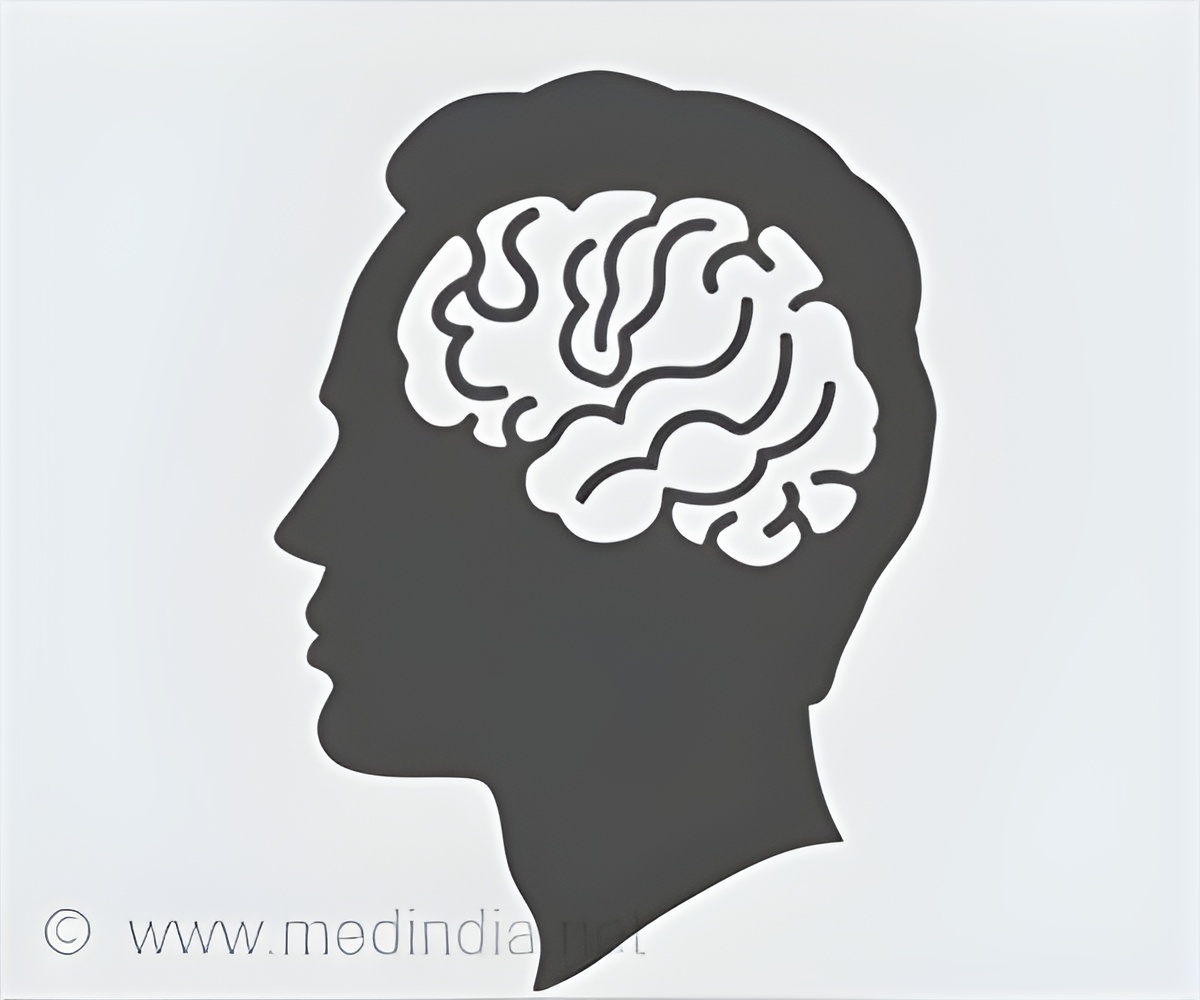Micronutrients and minerals play a key role during human fetal development. The study of nutrients in brains was restricted to postmortem or non-human tissue.

‘Using synchrotron radiation, a sort of X-ray, researchers studied the composition and distribution of some elements in human minibrains. It has helped to understand the dynamics of nutrients during neurodevelopment.’





Researchers analyzed human brain organoids, also known as
minibrains, by synchrotron radiation, a sort of X-ray that allows the
identification of the atomic composition of micronutrients. This
technique consists of exciting tissue samples in order to quantify the
unique photon signature of each atom. In doing so, they described how
phosphorus, sulfur, potassium, calcium, iron and zinc are distributed
during brain formation.
Simone Cardoso, Associate Professor at the Institute of Physics at Federal University of Rio de Janeiro, highlights the interdisciplinary nature of the study, which involved biologists and physicists. "This allows us to gather a wide range of scientific expertise to plan and perform the experiments".
The minibrains were up to 45-days old. The authors described the distribution of nutrients in two different stages of development: an initial one, of intense cellular proliferation (day 30); and at a second time point, when cells start to become neurons and organize themselves into layers (day 45).
The results show that the concentration and distribution of micronutrients are related to the stage of development and similar to previous data obtained from postmortem brain samples.
The observed nutrients are essential for the appropriate formation of the brain. The lack of some of them during prenatal development is also related to memory deficits and psychiatric disorders, such as schizophrenia.
Advertisement
Source-Eurekalert















